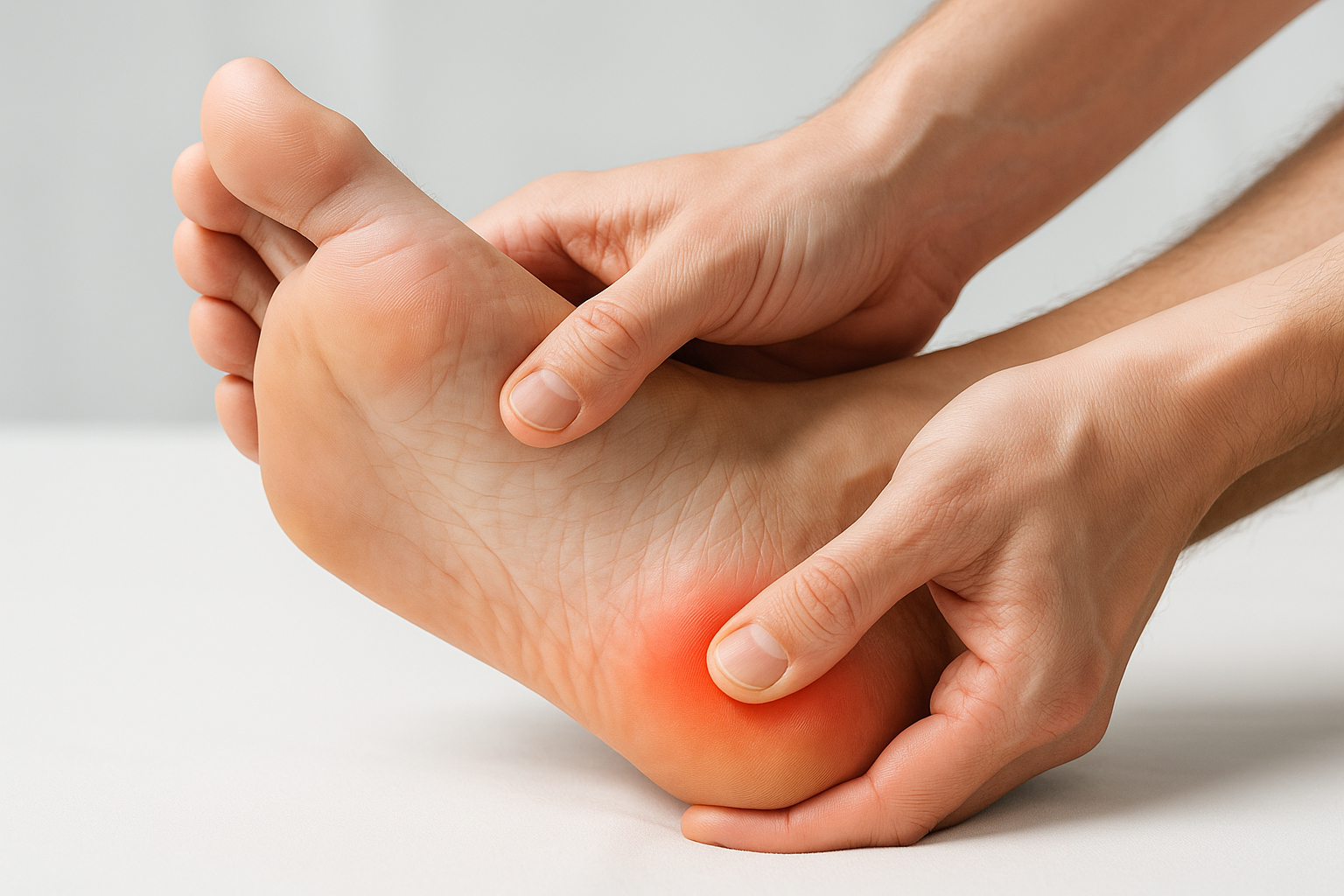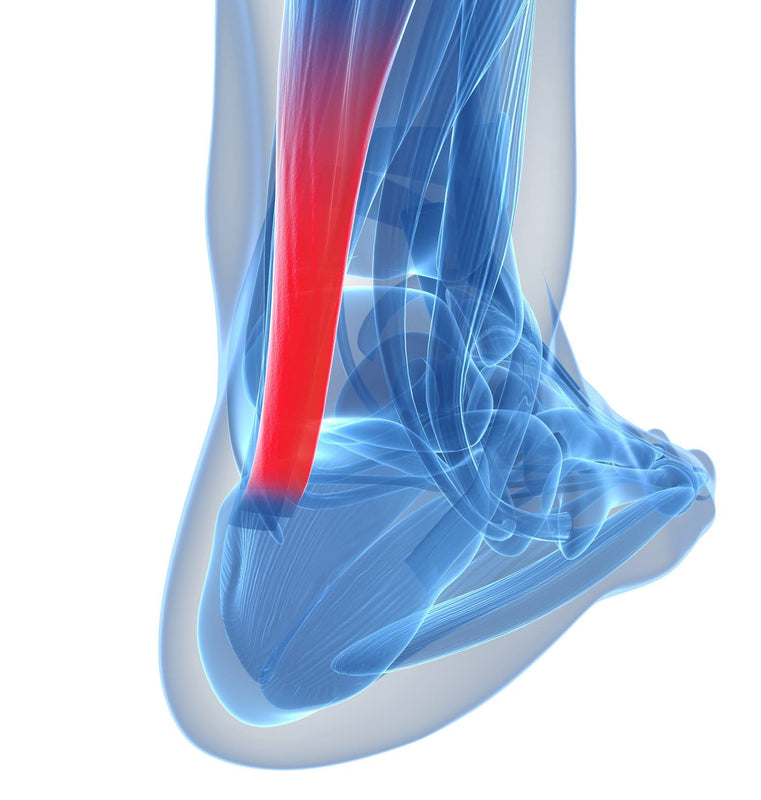Plantar Fasciitis Treatment and Shockwave Therapy in Totteridge and Whetstone | Pinnacle Fitness and Health

At Pinnacle Fitness and Health in Totteridge and Whetstone, we specialise in helping patients overcome plantar fasciitis, one of the most common causes of heel pain. The plantar fascia is a thin ligament connecting the front of your foot to your heel, supporting your arches and enabling normal walking. Repetitive stress or excess pressure can lead to small tears, causing inflammation and pain. Patients often describe the pain as a dull ache or a bruised feeling under the heel.
Causes of Plantar Fasciitis

- Excess weight: Adds pressure to the plantar fascia, causing inflammation.
- Pregnancy: Extra weight in later stages increases stress on the foot.
- Runners and active individuals: Long-distance running or standing for prolonged periods can overload the ligament.
- Poor foot biomechanics: Flat feet, high arches, or tight calf/Achilles muscles increase risk.
- Inappropriate footwear: Soft or unsupportive shoes can aggravate plantar fascia pain.
Symptoms of Plantar Fasciitis
-
Pain and stiffness under the heel or along the arch
- Sharp pain in the morning (“walking on glass” sensation)
- Pain aggravated by walking or running
- Tenderness in the calf or Achilles tendon
Diagnosis
Diagnosis typically involves a physical examination to locate the tender area and assess your gait. Understanding your walking pattern helps rule out other foot pathologies and ensures your treatment plan is targeted and effective.
Treatment Options for Plantar Fasciitis
The primary goal of treatment is to reduce inflammation around the plantar fascia and relieve pain. At Pinnacle Fitness and Health, we offer a range of therapies:
- Icing: Foot rolling over an iced bottle to reduce inflammation and muscular tension.
- Adaptation of activity: Reduce weight-bearing exercise; swimming and non-impact activities are excellent alternatives.
- Stretching: Targeted lower leg stretches combined with supportive footwear to ease pressure on the plantar fascia.
- Medication: NSAIDs like Ibuprofen may help, but only under GP guidance.
- Manual therapy: Osteopathy, physiotherapy, foot and ankle mobilisations, soft tissue stretching, ultrasound, and kinesiology taping to support healing.
For patients with chronic plantar fasciitis, we also offer Shockwave Therapy as part of our comprehensive treatment programme to accelerate healing and improve long-term outcomes.

Why Choose Pinnacle Fitness and Health?
- Expert multidisciplinary team of osteopaths, physiotherapists, and rehab specialists
- Advanced therapies including Shockwave Therapy for plantar fasciitis
- State-of-the-art gym and rehabilitation facilities to support full recovery
- Personalised 3-step plantar fasciitis recovery programme tailored to your needs
- Complimentary 15-minute consultation to answer your questions and start your recovery journey
👉 Book your free consultation today and take the first step toward pain-free movement.


